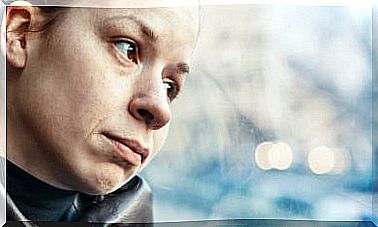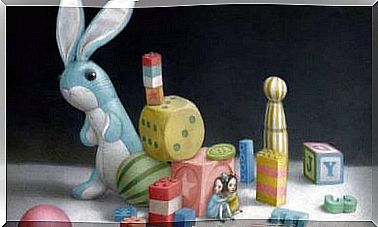The Value Of Memories
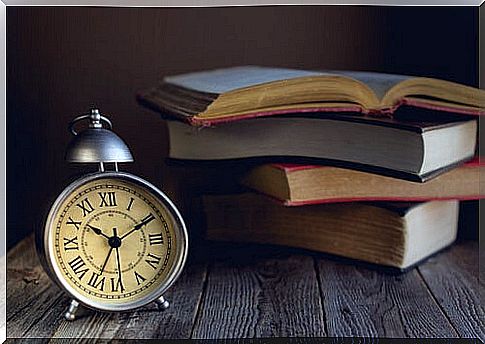
The value of positive memories is one of the main elements of stability, a refuge with an extraordinary capacity to protect us. Pío Baroja used to say that “ To a large extent we are the prolongation of our past; the result of a memory “.
In this sense, the brain is an organ capable of storing, ordering and prioritizing all our memories. In fact, although it is outdated, in psychology the computer metaphor was used for many years to talk about the brain, and especially about memory. A memory that is none other than the city of memberships.
Psychologists indicate that all our memories have a very close relationship with emotions, that is why we are able to experience the original emotions again when we return them to the focus of our attention. A pleasant memory can restore that lost inner peace to us, restore that hurt self-esteem. On the other hand, if that lived experience turns into a bitter memory, the last thing we want is to remember it.
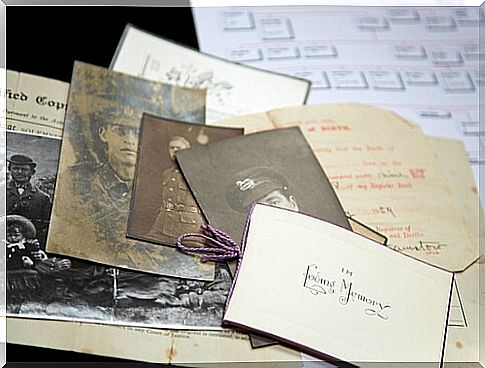
The value of memories
Some time ago I had in my hands a wonderful true story about the value of memories, an endearing encounter with the past after many years. In May 2017, a 14-year-old boy named Patryk Lessman was spending a few days on vacation with his family in a summer house on Lake Jeziorak (Poland).
The young man enjoyed building log cabins and fishing in the lake. One fine day, by chance, buried in a wooded area, she found two old ancient milk chicks and quickly informed her parents of the find. They notified the local authorities, who returned to the scene with metal detectors in search of more objects.
A few months later, after carefully analyzing what was found, a press conference was called to report on the finding. The two milkmaids contained personal belongings and family mementos of Count Hans Joachim Finckenstein, who owned the estate in the past.
They found numerous documents, including the last will of the count, the seal and coat of arms of the Finckenstein family, (an old Prussian aristocratic family) and even Hans Joachim’s passport and his World War I diary. In the second can was his World War II uniform and a multitude of letters and poems from his daughters.
Hans Joachim von Finckenstain was born in 1879 and lived through the two great wars. In the summer of 1944, before the Soviet advance, Hans Joachim and his wife Hildegard sent their daughters to Pomerania (territory between Germany and Poland) and they remained hidden in the area. The deposit of personal belongings dates from that time, but it is not clear whether the father or mother buried them.
Stories of those years: the possibility of generating them in these years
Investigators located in Germany Waldtraut, the earl’s youngest daughter, who is now 81 years old. When he saw the found objects, he was deeply moved. He clung tightly to his father’s slippers and cried for a long time. She told reporters how, every night, her father carried her and her sister up to the bedroom while they clung to their slippers and enjoyed laughing until sleep overcame them.
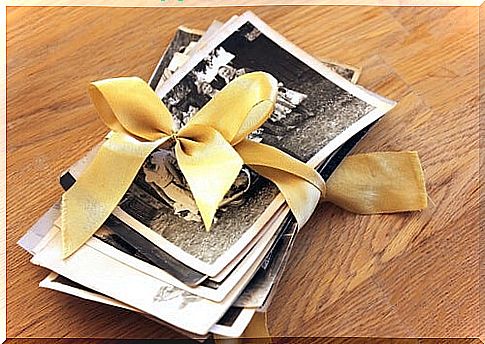
She was still reciting from memory some of the poems she had found, written by herself seventy years ago. With tears of joy in her eyes, she told the journalists who wanted to interview her: “I always want to write, my mother encouraged me to learn to sew and embroider, but it is clear that my thing was books. “
Waldtraut remembers the summer storms on Lake Jeziorak and the smell of wet earth. “ Those endless afternoons when we couldn’t go out because of the rain and I recited poems while my sister enlivened the sunset with music; The whole family watched enthusiastically as they enjoyed the show. It was a part of my wonderful life that I now recover thanks to these memories “
This story reminds us of the beauty of squeezing time out of real, deep desires. It encourages us to lose the habit of putting off what is important, to stop hiding what we feel. It’s simple: each moment contains the magic that we impose on it. If you could design your best memory, how would you do it?


